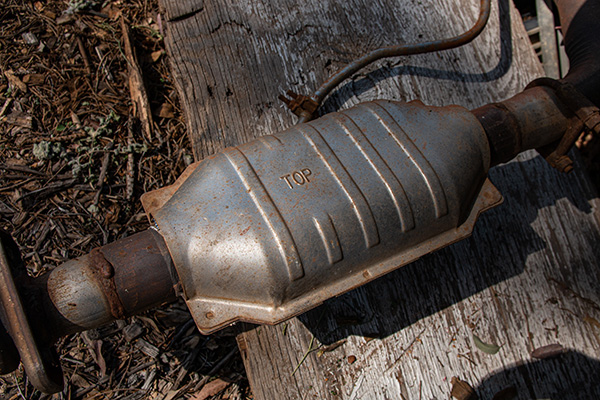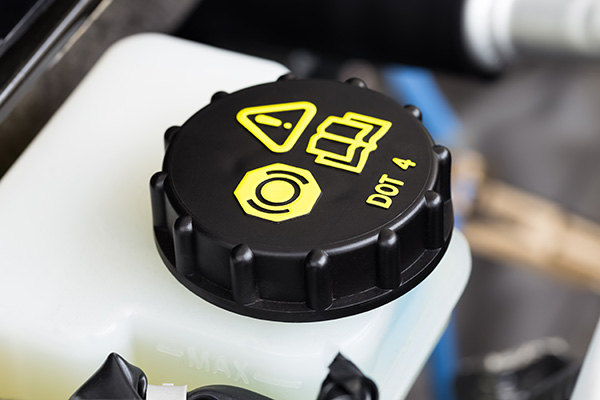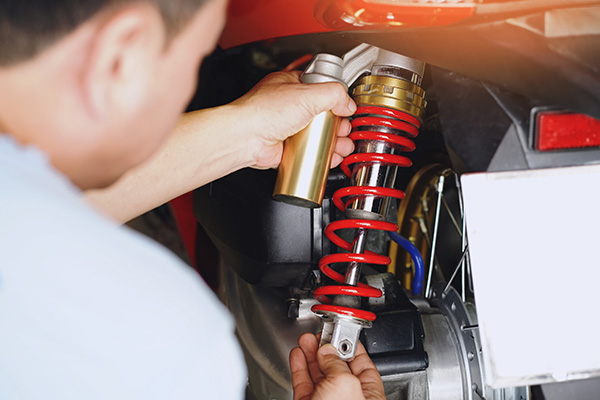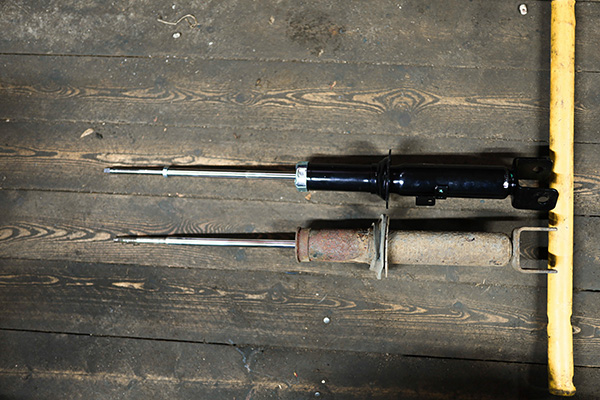Posted on 4/28/2025

Failing a smog check can be frustrating—especially when your vehicle seems to be running just fine. But don't worry, a failed test doesn't mean you're stuck. In most cases, you can have the problem repaired and your vehicle retested, often without much delay. The key is knowing what caused the failure and how to fix it the right way. If your car didn’t pass inspection, here’s what you should do next. Understanding Why Your Vehicle Failed When your car doesn’t pass a smog check, it’s usually due to high emissions, incomplete system readiness, or a malfunction indicated by the check engine light. In California, even minor issues—like a loose gas cap or faulty sensor—can trigger a failure. Your test results should include a report showing what part of the system didn’t meet standards. This might point to an issue with your catalytic converter, oxygen sensors, evaporative emissions system, or another component ... read more
Posted on 3/28/2025

You might not think twice about your brake fluid—until something feels off when you press the pedal. Even if you haven’t touched your brakes or opened the reservoir, brake fluid can still go bad over time just by sitting there. That’s because it absorbs moisture from the air, and once it becomes contaminated, it stops doing its job as effectively. Brake fluid may not wear out like oil or brake pads, but it does have a shelf life, even inside a sealed system. And when it goes bad, it can compromise your braking performance without warning. Brake Fluid Has a Limited Life Brake fluid is hygroscopic, meaning it naturally attracts and absorbs moisture—even in a closed system. Over time, water vapor seeps in through rubber brake hoses and seals. As more moisture builds up in the fluid, its boiling point drops. Under hard braking, like during a sudden stop or mountain driving, your brake system heats up fast. If the fluid has absorbed too much mois ... read more
Posted on 2/28/2025

A rattling noise while driving can be more than just an annoyance—it could be a warning sign of a developing problem. Whether it’s a loose heat shield, worn suspension components, or something more serious, tracking down the source of the noise early can save you from expensive repairs and potential safety risks. So, what’s causing that unsettling rattle? Common Causes of Rattling Noises While DrivingLoose Heat Shields One of the most common causes of a rattling sound under the car is a loose or damaged heat shield. Heat shields protect various components from excessive heat, but over time, they can become corroded or loosened due to vibrations. If you hear a metallic rattling noise, especially when idling or accelerating, a loose heat shield could be the culprit. Exhaust System Issues A rattling exhaust could indicate a loose exhaust clamp, a broken hanger, or an issue with the catalytic converter. If the sound g ... read more
Posted on 1/31/2025

Long drives can be a test of patience for both kids and parents. Between the never-ending “Are we there yet?” questions and restless energy, keeping children entertained is essential for a peaceful trip. Whether you're heading out for a road trip or just tackling a long commute, planning activities in advance can make all the difference. Pack a Road Trip Activity Bag A well-stocked activity bag can be a lifesaver when kids start to get bored. Include coloring books, stickers, small puzzles, and a variety of toys to keep them engaged. If your children enjoy reading, pack a few books or audiobooks to give them something to focus on. For younger kids, interactive toys like magnetic drawing boards or felt playsets can keep their hands busy without making a mess. Older kids might appreciate activity books with mazes, crossword puzzles, or word searches to pass the time. Make Use of Technology—But in Moderation Tablets and smartpho ... read more
Posted on 12/21/2024

Shock absorbers have a key role in your vehicle's suspension system. They don’t just ensure a comfortable ride—they’re also necessary for maintaining control, stability, and safety on the road. When your shocks start to wear out, you’ll notice changes in your car’s handling and performance that shouldn’t be ignored. But how can you tell if your shock absorbers need attention? Let’s look at the signs and what you should do about them. What Do Shock Absorbers Actually Do Shock absorbers are designed to control the movement of your car’s suspension. By absorbing the impact of bumps and uneven terrain, they help keep your tires in contact with the road. This isn’t just about comfort—it’s about maintaining proper traction for safe braking and steering. If your shocks are worn, your car’s ability to grip the road can be significantly reduced, especially during sharp turns or emergency stops ... read more